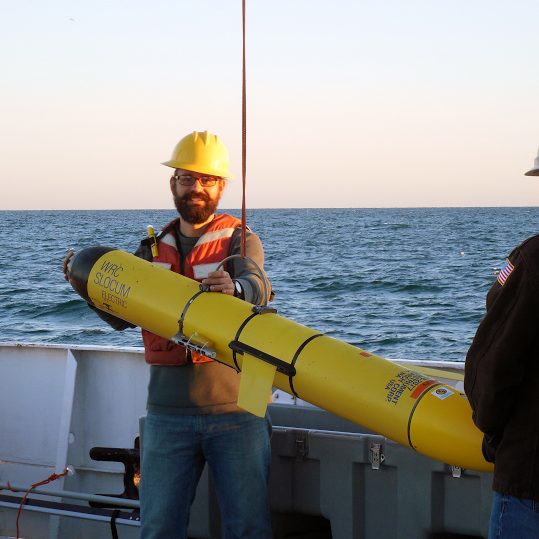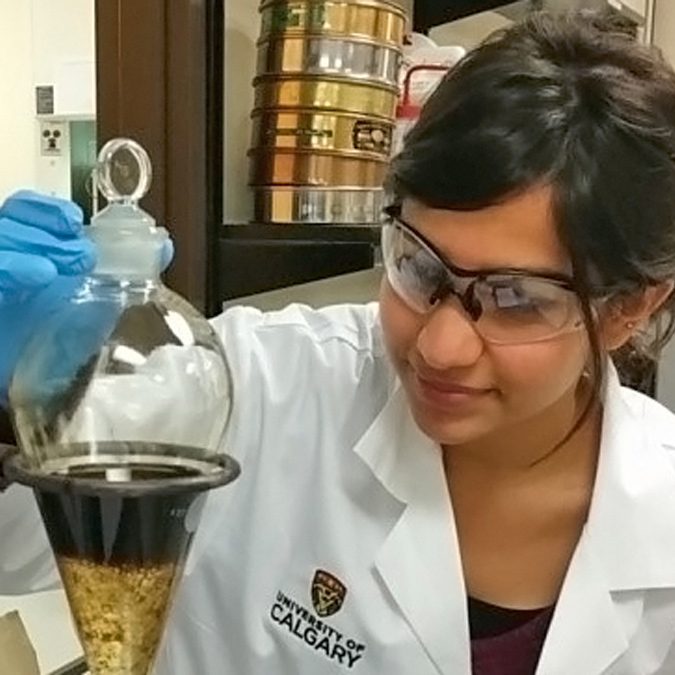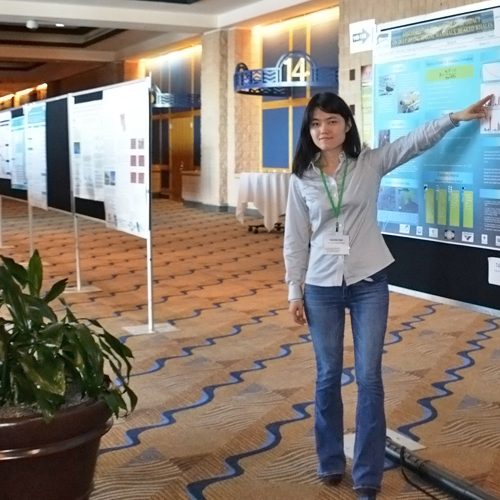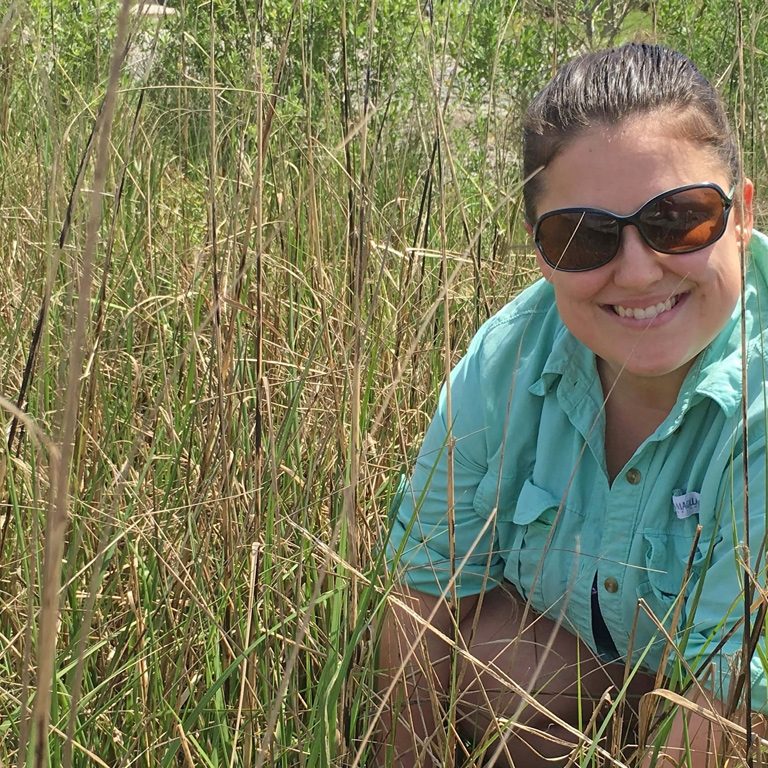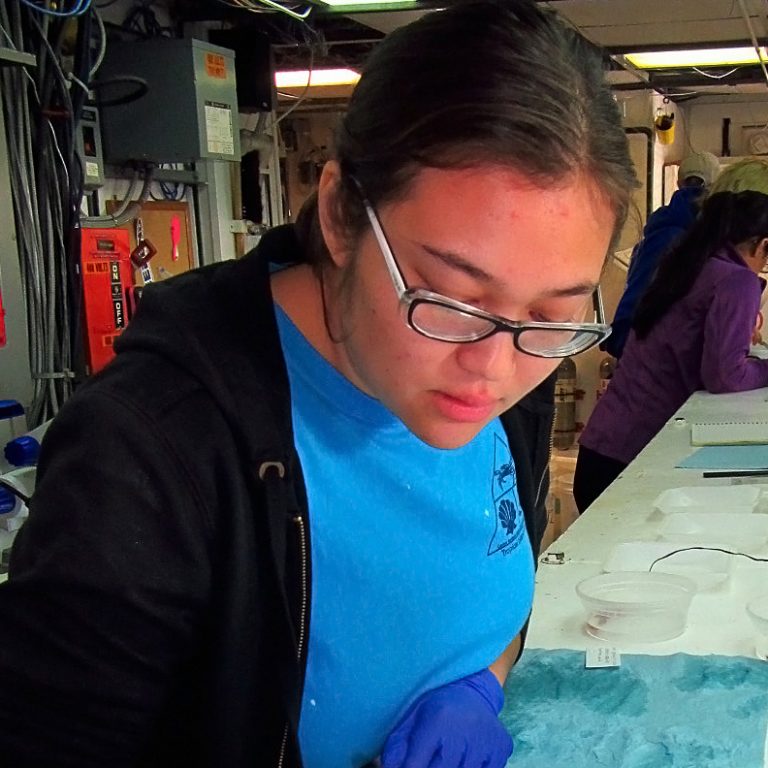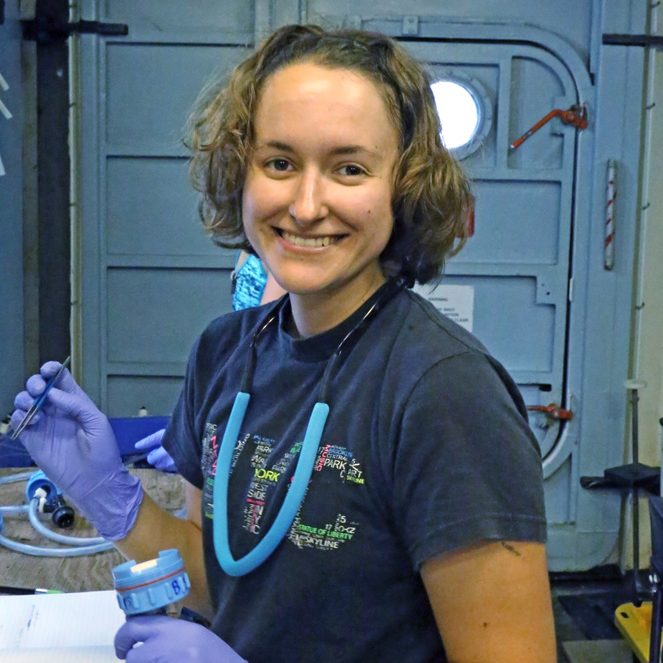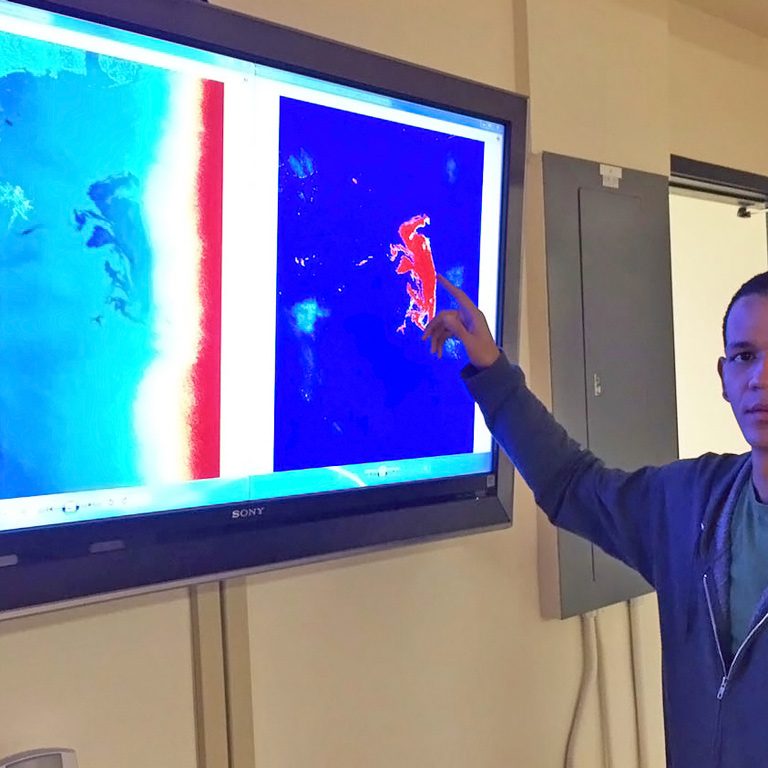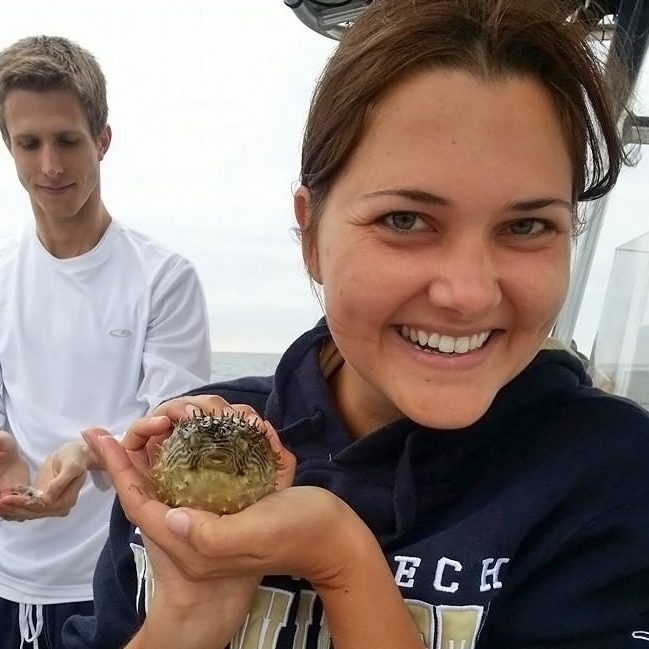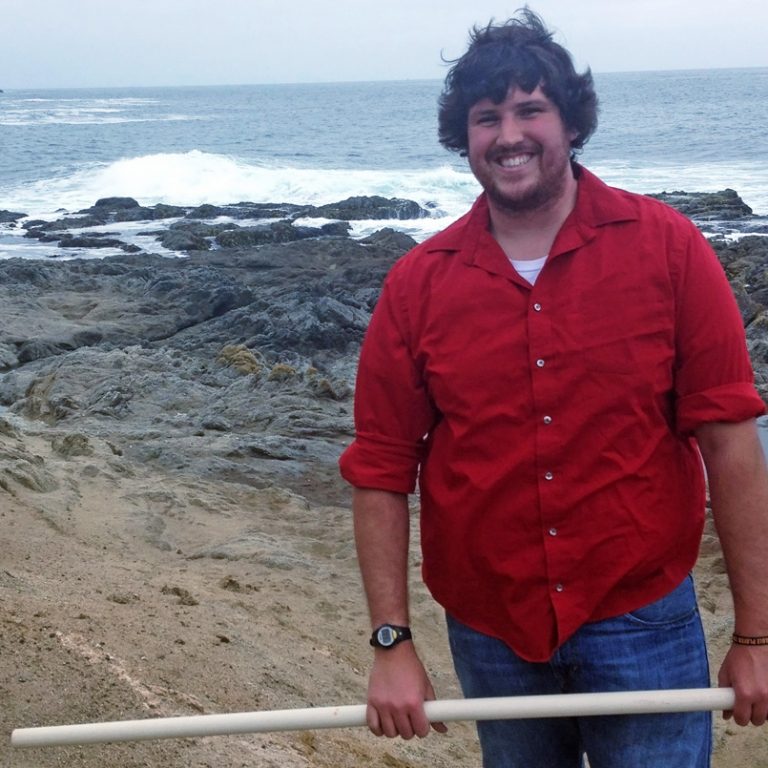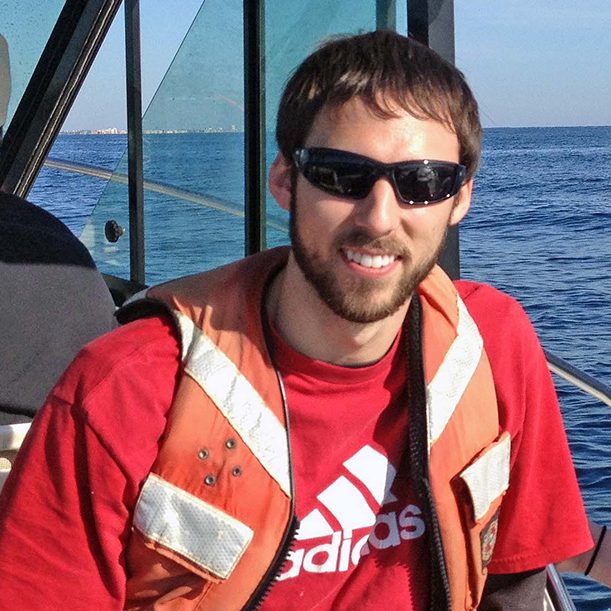The GoMRI Scholars Program recognizes outstanding graduate students and the vital research they contribute to improve understanding about the damage, response, and recovery following the Deepwater Horizon oil spill. The Scholars Program honors and builds community for these next generation of ocean science professionals.
These students serve as essential team members for much of the research underway and bring creativity, curiosity, and energy to the GoMRI scientific program. They represent the successful manifestation of the second GoMRI Legacy Goals, building scientific and intellectual capacity for response and mitigation strategies for future oil spill events.
Candidates for this program must be graduate students who have participated in a GoMRI-funded project for at least one year, whose work is primarily funded by GoMRI, and who are working on a dissertation or thesis based on GoMRI-funded science. On a semi-annual basis, the lead Principal Investigators of GoMRI-funded projects nominate students who meet these criteria.
Following confirmation, each scholar will receive a letter of congratulations declaring the title GoMRI Scholar along with a certificate from Dr. Rita Colwell, GoMRI Research Board Chair. GoMRI will collect information about these scholars and their careers and accomplishments for longitudinal studies and program impacts.
Below are GoMRI Scholars Highlight Stories that have been featured on the web site. For a complete list of scholars, click on the ‘People’ tab for any funded projects to view the list of GoMRI Scholars with affiliation for that project.
Microscopic organisms called plankton, an important component of the marine food web, congregate in the freshwater-laden coastal waters of the northern Gulf of Mexico. Adam Boyette wants to learn more about how and where these plankton live to better understand how an oil spill or other disaster might impact their populations.
As a child in India, Aprami Jaggi witnessed firsthand how polluted water sources impact society. Her desire to make water remediation her life’s work has led her from Delhi to Calgary, Canada, to study oil mitigation.
When disaster strikes, responders look at how creatures in its path may be impacted to mitigate damage. Tingting Tang takes the process one step further, using mathematical models to predict how long recovery may take. The creatures that Tingting focuses on are some of the Gulf of Mexico’s largest predators and most charismatic animals, beaked and sperm whales.
Elizabeth Robinson studies blue crab’s role in the northern Gulf of Mexico food web, looking closely at how Deepwater Horizon oil might have affected the natural predator-prey balance.
Laura Timm examines connections among shellfish ecology and evolution to help scientists understand how the Deepwater Horizon oil spill affected certain Gulf of Mexico species: “My work focuses on establishing pre-spill baselines and comparing them to samples taken 3-7 years after the oil spill, providing a timeline of crustacean recovery.”
Kelsey Rogers looks for evidence of oil and methane intrusion into Gulf of Mexico water and sediment, but finding these hydrocarbons is only the beginning of her work. Like a scientific crime scene investigator, Kelsey analyzes the chemical fingerprints of oil and gas and uses them to identify their source, such as from an oil spill or a natural seafloor seep.
Juan Pinales is working on a computational modelling system that will aid oil spill monitoring efforts. He combines Synthetic Aperture Radar (SAR) data and oceanographic conditions recorded during the Deepwater Horizon incident to improve surface oil detection using a semi-automated machine learning method known as artificial neural networking.
Emily Chancellor is applying her engineering and computer science background to a field that inspires her – marine science – focusing on how the oil spill may have impacted larval fish populations.
Chemical engineer Jordan Young has found his happy place on a research vessel in the Gulf of Mexico. He’s looking for changes in ocean acidity following the Deepwater Horizon spill. As the oil biologically degrades, some of it oxidizes to carbon dioxide and may increase acidification.
Bryan Hamilton never planned to be a microbiologist, but when the opportunity arose to study microbes that produce biosurfactant in response to oil exposure, he was drawn in completely.

